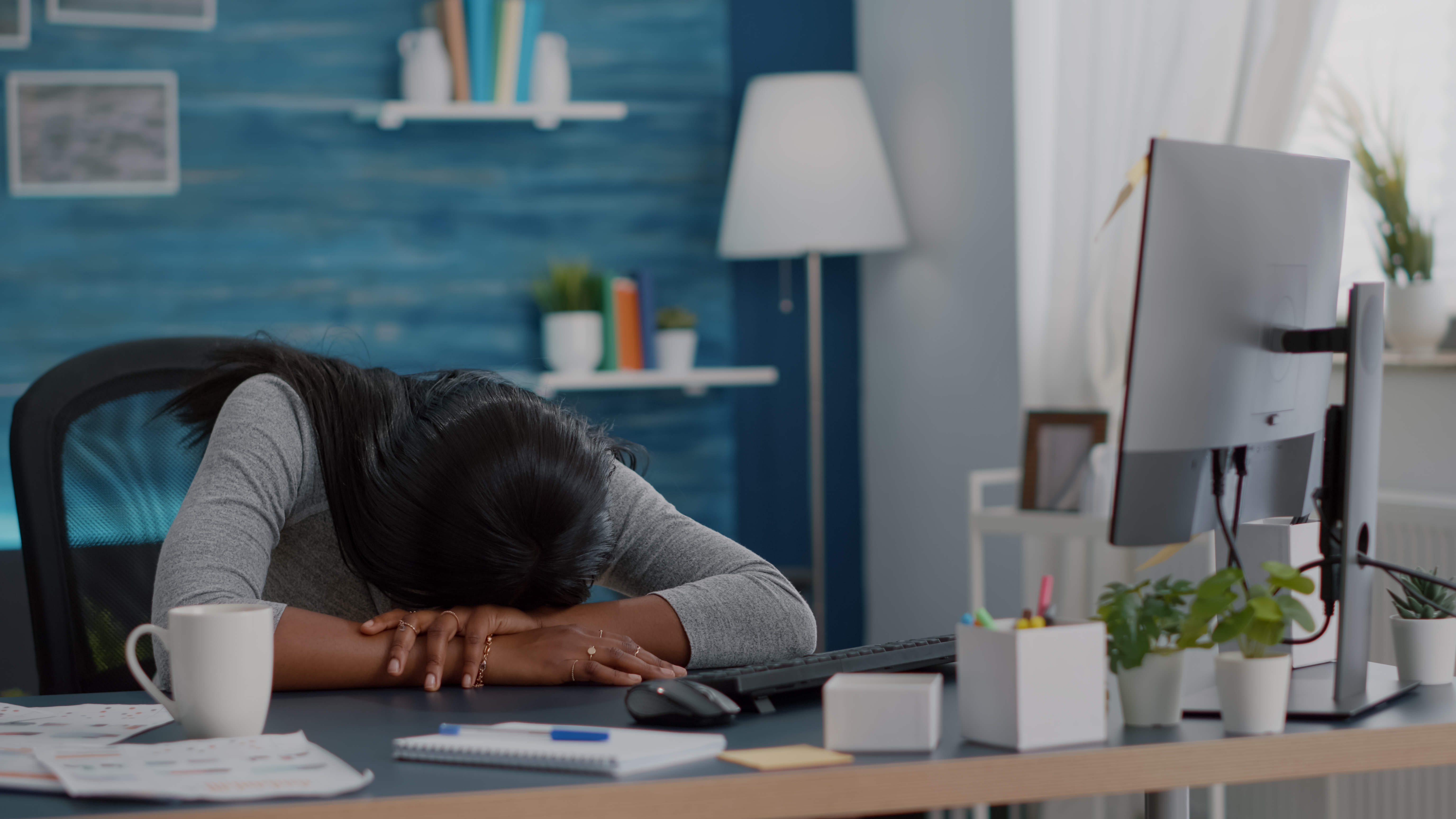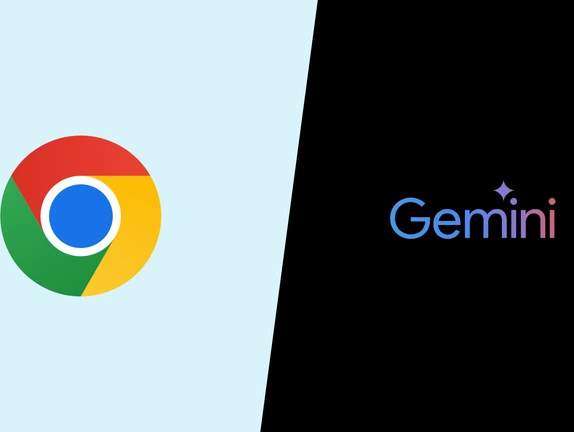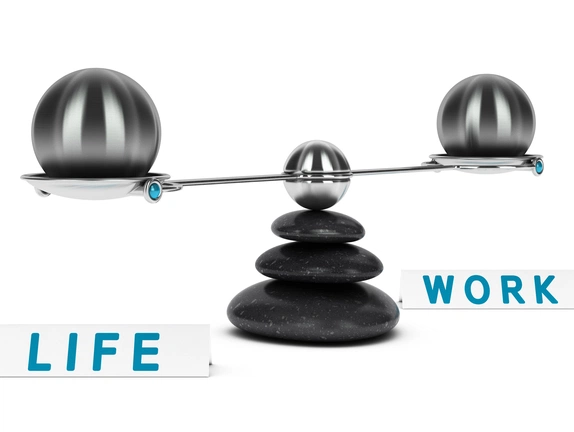Productivity
21 de February de 2024 - 13h05m
ShareNothing can harm your productivity more than a bad habit, they slowly appear until you realize the damage they have caused, so in this article we will give you tips on what hinders productivity.
Bad habits delay you, reduce your efficiency, reduce your creativity, and ruin your performance. Being able to control them is essential, not only for productivity. A study from the University of Minnesota found that people with high levels of self-control tend to be happier than those who don't, both in the short and long term.
Some bad habits can cause more problems than others. We have listed nine bad habits that we consider the worst, cutting these habits could increase your productivity:

It only takes 15 minutes of continuous concentration to complete a task entirely. After doing this, you enter a state of euphoria and increased productivity known as the flow state.
In this state, people are five times more productive than they would otherwise be.
When you look away at your phone, you start desiring to see the latest news, Facebook, Instagram, and that takes away your concentration.
This means that you need at least 15 minutes of continuous focus to be able to concentrate and enter the flow state. If you keep getting distracted too often, your productivity will plummet.
Ideas take time to develop. We seem to freeze at the beginning because we knew that our ideas were not perfect and the products we produced might not be good. But how can you create something great if you don't start and give time for your ideas to develop?
Meetings consume your precious time. Highly productive people avoid meetings as much as possible. They know that the meeting will drag on forever, so they inform everyone at the beginning of the meeting that they will stick to the schedule. This sets a clear boundary and motivates everyone to make the meetings more focused and productive.
Productive people do not keep their emails constantly interrupted. Besides checking their emails on a schedule, they also take advantage of the ability to prioritize messages by sender.
They set alerts for their most important suppliers and top clients, and save the rest until they reach a stopping point in their work so they can read and respond.
When you sleep, your brain goes through a series of complex cycles. The last one keeps you on your toes when you wake up. That's why sometimes you wake up before the alarm goes off: your brain knows it's time to get up, it's ready to get up. When you hit the snooze button and go back to sleep, you lose that alertness and wake up later feeling tired and sluggish. Worst of all, tiredness can last for hours. So no matter how tired you think you are when the alarm goes off, if you want to have a productive morning, try to get up.
Multi-tasking can greatly reduce your productivity. Research conducted by Stanford University shows that "multitaskers" are less productive than those who do one thing at a time. Researchers found that when you try to do two things at once, your brain does not have the ability to successfully perform those tasks.
We have limited mental energy and as our energy decreases, so does our decision-making and productivity. This is called decision fatigue. When you postpone difficult tasks because they challenge you, you end up putting aside your most productive time. To overcome this fatigue, you need to tackle complex tasks in the morning with a clear mind.
It is a big issue that most people don't even realize, but it can affect your sleep and productivity. The short-wavelength blue light emitted by electronics plays a role in mood, energy levels, and sleep quality.
In the morning, the concentration of this blue light in sunlight is high. When your eyes come into direct contact with it, the production of melatonin stops inducing sleep, making you feel more alert. In the afternoon, the sun's rays lose the blue light, allowing your body to produce melatonin and start making you sleepy.
At night, your brain is not expected to be exposed to any blue light and is very sensitive to it. Most of our devices - laptops, tablets, TVs, and cell phones - emit short-wavelength blue light. They do it right in your face. This exposure disrupts melatonin production, interfering with the ability to fall asleep and sleep quality. A bad night's sleep can have a catastrophic impact on productivity. Your best bet is to avoid using these devices after dinner.
One of glucose's functions is as an "accelerator" that provides energy to the brain. You need glucose to focus on challenging tasks. When you have low blood sugar levels, you can feel tired, have trouble concentrating, and move slowly, while too much glucose can make you jittery and unable to focus.
Chocolate, sodas, and other forms of refined sugar provide a burst of energy that lasts only 20 minutes, while oatmeal, brown rice, and other foods that contain complex carbohydrates release their energy slowly, allowing you to maintain your focus.
Now that you know what hinders productivity at work, you can follow our tips and become more productive every day at work.
Want to learn more about Monitoo and measure your employees' productivity? Visit www.monitoo.com.br and get in touch with us!

